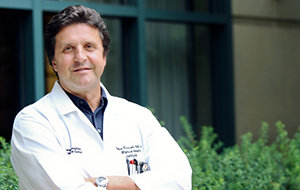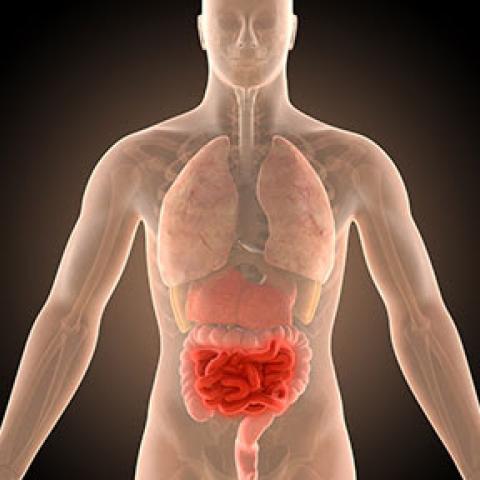Results of a new study by researchers at Case Western Reserve University represent a step toward improving our understanding of Crohn’s disease and the factors that cause its intestinal inflammation.
Crohn’s disease is a type of inflammatory bowel disease that can lead to chronic inflammation of the entire digestive tract. Symptoms include diarrhea, pain and cramping, fatigue, weight loss and more. There is no cure for Crohn’s disease, but patients can alleviate symptoms with current treatment options.
New treatment options for Crohn’s disease patients may be on the horizon thanks to the research linking a common fungal pathogen to inflammatory bowel disease.
The study recently appeared in Cellular and Molecular Gastroenterology and Hepatology.
This new research from the Case Western Reserve School of Medicine focuses on the role of the fungus, Candida tropicalis (C. tropicalis), in triggering chronic inflammation within the gut microbiome. The gut microbiome is a complex ecosystem of fungus and bacteria found within the digestive tract.
Researchers introduced the fungus into animal models and induced colitis (inflammation of only the large intestine) through a chemical compound. The models infected with C. tropicalis showed severe inflammation and significant imbalance of the gut microbiome with changes in bacteria levels.
Researchers say the findings show that this imbalance of fungi and bacteria can create a predisposition to inflammatory bowel disease. Past studies have shown that people with Crohn’s disease have higher levels of C. tropicalis when compared to healthy individuals.
Understanding the impact of C. tropicalis on a person’s health will play a role in developing treatments for Crohn’s disease.

“Our findings provide a scientific rationale for eliminating C. tropicalis fungal infection of the gut,” said Fabio Cominelli, professor of medicine and pathology and associate dean for program development at the Case Western Reserve School of Medicine. “The next step in our research is to study other fungal organisms within the gut and then antifungal therapies in patients with this devastating condition. Remission is very difficult to obtain in Crohn’s disease patients.”


